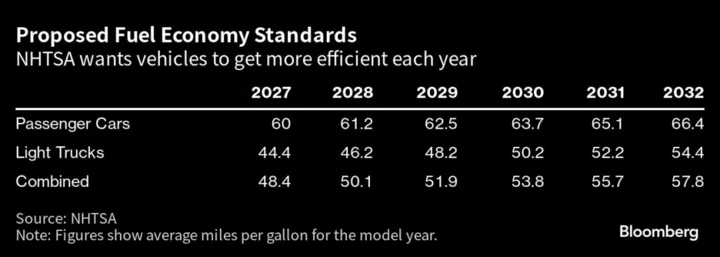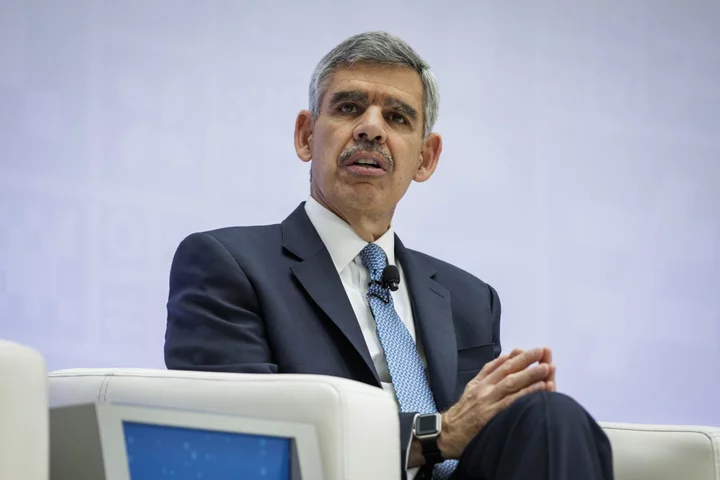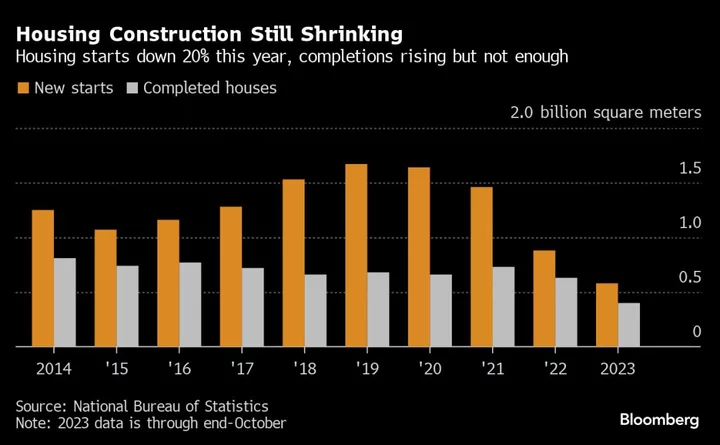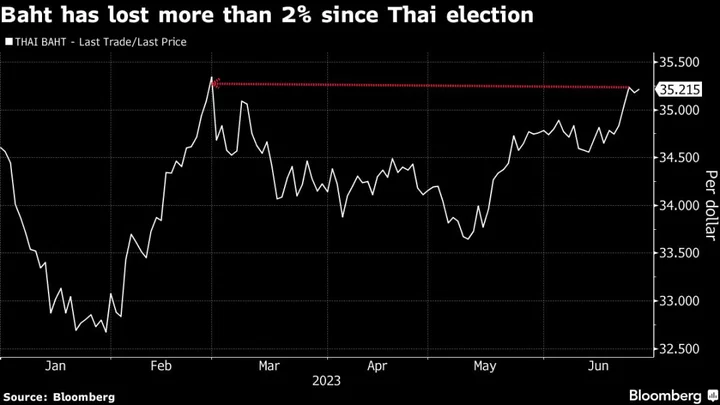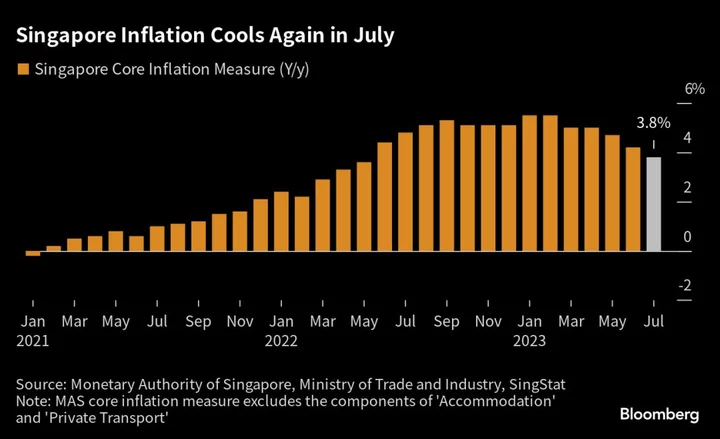The Biden administration is pressing carmakers to sharply increase fuel economy by early next decade in a bid to cut gas usage and accelerate the country’s transition to cleaner or zero-emission vehicles.
Under a proposal revealed Friday by the US National Highway Traffic Safety Administration, automobiles would reach an average of about 58 miles (93.3 kilometers) per gallon by 2032. The plan calls for fuel-efficiency gains of 2% a year for passenger cars and 4% annually for light trucks, starting with model year 2027, as well as improvements for commercial pickups and work vans in the 2030s.
The agency says the proposal, one of a number under consideration, would save consumers more than $50 billion on fuel over the lifetime of the vehicles made during the years covered, and reduce gas usage by 88 billion gallons through 2050.
“These standards are a win-win-win — or maybe I should say a win-win-win-win-win,” Ann Carlson, acting administrator of NHTSA, said on a call with reporters. “They make vehicles more fuel efficient. They strengthen our energy independence. They save Americans money and increase consumer choice, all while helping us combat climate change.”
NHTSA called its plan the “preferred alternative” among multiple options. The public will have a 60-day window to comment once it is posted to the Federal Register.
The proposal, confirming an earlier Bloomberg report, aims to bolster the effort by Joe Biden’s administration to make the US less reliant on other nations for energy, particularly after gasoline price volatility following Russia’s invasion of Ukraine. Automakers have faced years of uncertainty after former president Donald Trump rolled back Obama-era fuel economy and emissions rules in favor of much less stringent ones.
The new standards would build on a previous proposal last year to increase average fuel economy to about 49 miles a gallon by 2026.
The potential new standards fall roughly in line with a proposal that the Environmental Protection Agency unveiled earlier this year meant to curb vehicle emissions. But while the EPA could compel automakers to ensure that two of every three vehicles sold in 2032 are electric, NHTSA said its plan focuses on gas-powered models and would encourage something closer to a 50-50 split.
“With the advent of huge increases of electric vehicles, it’s important to note that there will still be a large percentage of internal combustion engines on the road and they will be on the road for a long time,” Carlson said. “Consumers will save at the pump.”
John Bozzella, chief executive officer of trade group Alliance for Automotive Innovation, called the effort “encouraging” but said the organization had yet to evaluate the full proposal. And with substantial overlap between the EPA and NHTSA plans, he said automakers shouldn’t be unfairly penalized.
“Conflicting and overlapping rules are complex and expensive,” he said in a statement.

